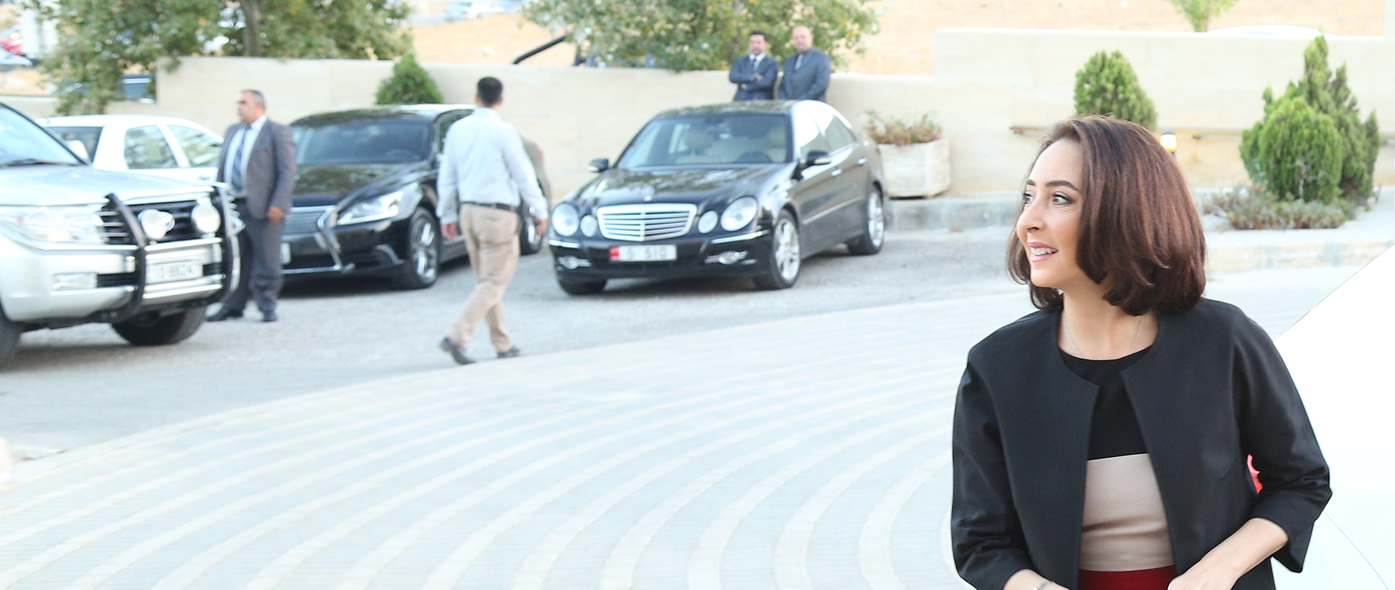
Lisbon, Portugal – Her Royal Highness Princess Rym Ali, founder of Jordan Media Institute, said media and digital literacy skills and competencies, coupled with ethics, should be available not just for students, but families and societies.
Addressing delegates to the Education for Shared Societies (E4SS) Policy Dialogue in Lisbon, Portugal, Princess Rym said Digital Resilience should be accompanied by values and content that is more all-encompassing. She noted that the Arab region has been quick to adopt and consume this technology, but relatively slow to embrace programmes that protect the youth from its negative impacts and create digital citizens. Princess Rym explained that in Jordan for example, there was 57% internet penetration in mid-2016 as compared to 47% internationally; and 71% of youth get their news from social media sources.
Her Highness said the advent of a generation of digital natives means that regulating technology is no longer a luxury but a necessity and an urgent one, especially with the rise of extremism and hate speech that have led to violence on others or sometimes self-inflicted. She referenced attempts by terrorist organizations to recruit and indoctrinate youth through social media, stressing the need for responsibility in mitigating negative effects of technology to be shared among different stakeholders; including social media platforms and authorities in applying the rule law against inciting suicide and violence.
She also highlighted the importance of Media and Information Literacy (MIL) in guarding individuals and societies and promoting critical thinking, engagement and empowerment of youth. Princess Rym spoke about the impact of the national MIL project being implemented by Jordan Media Institute on children and youth and how it influenced their approach to media and helped them consume and produce media responsibly, ethically and wisely.
It would be a mistake to deliver knowledge of technology without knowledge of human sciences, she added, stressing that humanism should be at the core to build a culture of democracy – a truly diverse and democratic culture.
“What can be done to make sure that this technology is at the service of man, rather than the other way round? The answer is certainly not digital as it lies in values, humanistic values.”
The two-day event, organized by World Leadership Alliance - Club de Madrid, was attended by around 150 formers heads of state and government as well as educators, youth leaders and private sector and civil society representatives. It aimed to mobilize political will around global education for more inclusive societies.



